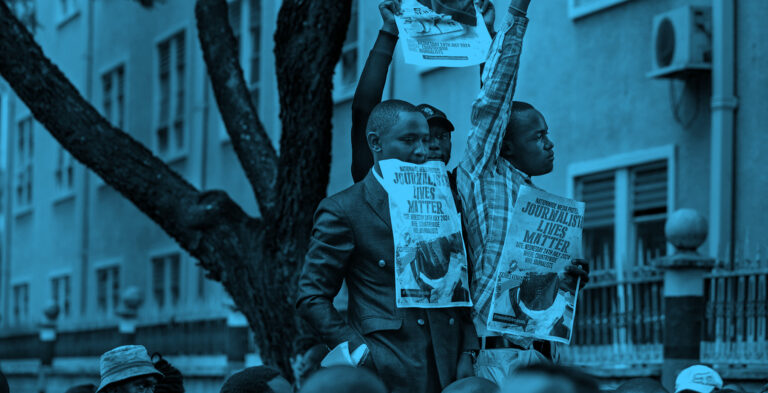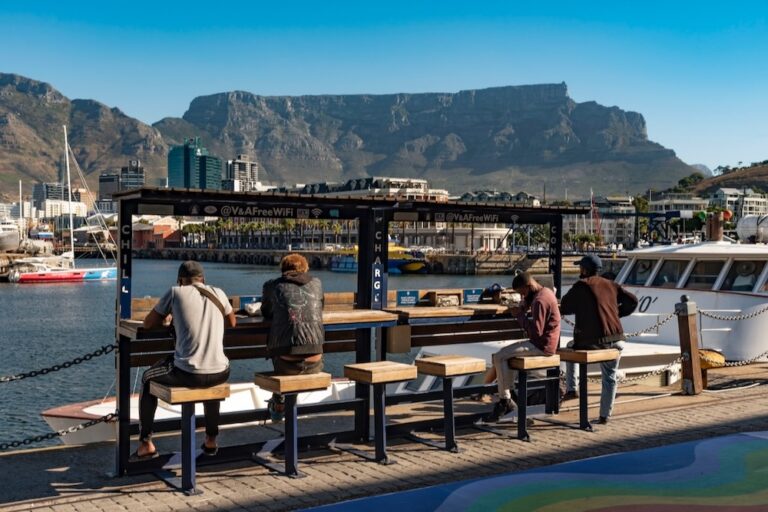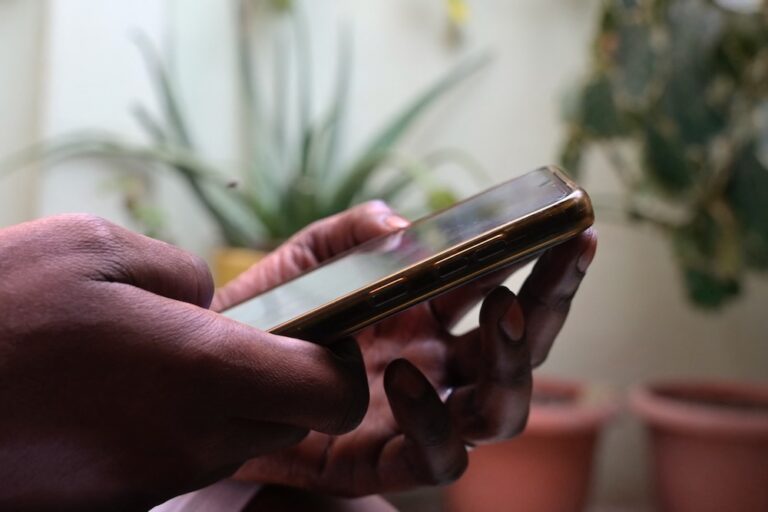Artsfex, the first international civil society network dedicated to promoting free expression for artists, was recently created to document violations and support artists at risk.
(Index on Censorship/IFEX) – 7 November 2012 – In this blog entry, Julia Farrington, Head of Arts at Index on Censorship, reports on the launch of Arstfex, the first international civil society network dedicated to promoting free expression for artists.
Of arts, bans and desires
There are clearly parallels between investigative journalists and artists who reveal uncomfortable truths. But when controversy breaks, artists are much more exposed because they use their own personal language to tell the story, and bring their own experience and imagination into the narrative.
To cater for their needs, Artsfex, the first international civil society network dedicated to promoting free expression for artists, has recently been created.
“When the international community places emphasis on the protection of freedom of speech, it generally focuses on the freedom of media and literature,” says Ole Reitov, Programme Manager at Freemuse and one of Artsfex’s promoters.
International human rights organisations include repression of media and media professionals in their annual and country reports on freedom of expression. However, they rarely document repression of artists or cultural workers.
Reitov adds:
But artistic expression is under pressure from many sides and it is frequently in the centre of conflicts between different interest groups. This is where Artsfex comes in. We hope to be able to not only document violations but support artists at risk.
Artsfex has been designed to join up pockets of campaigning that are often ignited in the wake of controversy, to amplify, reinforce and add weight to the artists’ voice when they stand up to authorities. It aims to facilitate exchange between artists and address that sense of isolation, by bringing people who have been through the fire together with those that are in the thick of it.
The network, which will recruit campaigning organisations and artists’ networks from around the world, aims to form an executive body that will call governments to account. Index on Censorship is part of this network, which connects, according to Reitov, “a bit over 1,200 organisations all over the world”.
“We have the ambition to analyse the mechanisms and effects of arts censorship,” says Reitov. “Several Artsfex members will take part in a UN meeting on artistic freedom in Geneva in December this year. The UN Special Rapporteur on culture (Farida Shaheed) has decided to make a report on artistic freedom, and all UN member states are now receiving a questionnaire on how they regulate the arts and protect artistic freedom. Our hope is that in the future Artsfex will help keeping governments accountable to their treatment of artists.”
The launch of Artsfex took place against the backdrop All that is banned is desired – the first ever international conference on artistic freedom of expression in Oslo last month.
The conference organisers, Freemuse and Fritt Ord, had decided to turn the platform over exclusively to the stories of practicing artists who had experienced censorship. Over two days, 25 artists from Burma, North Korea, Egypt, Cuba, Russia, Zimbabwe, South Africa, Palestine, Syria, Tunisia, China, Turkey, Tibet and Mali gave their accounts or performed.
Each story told how a play, an album, a painting, an installation, an image or an idea had unleashed extraordinary levels of violence, hostility, threats, and prejudice towards the artist. The aggressors took all forms from corporate community, government or religious groups. Each artist’s decision not to capitulate, to stand up for their right to express themselves, brought them into situations of extreme personal danger and harm, risking their life and health, liberty, career, family and community relations.
A man is in solitary confinement, in a tiny, windowless cell. By straining through the bars of his cell, he can just see the edges of moonlight. He paces restlessly and in a moment of inspiration, takes the plastic bowl – the only concession to comfort in his cell – places it carefully just outside the bars and pees into it. As the pee settles, the ripples and bubbles subside, the reflected image of the full moon comes into sharp focus. The prisoner smiles at the moon.
This is the synopsis of one of the short films shown at the opening presentation of the conference. The film was made by Burmese comedian, film maker and activist Zarganar, who, with fellow film-maker Min Htin Ko Ko Gyi, told of the power of art and the imagination to withstand brutal treatment by the military junta in Burma.
Bringing these artists together for the first time was an achievement, the result of four years of research and planning. The shared ground between them gave rise to countless connections, forging plans and future collaborations. Four of the participating artists will join an artist roundtable discussion Index has organised in the lead up to our Taking the Offensive conference in London on 29 January 2013 at the Southbank Centre, to defend artistic freedom of expression.
In nearly all cases the artists acknowledged a deep sense of isolation while the media storms, community conflicts and lawsuits raged around and because of them. Despite the support from family, friends, other artists, the theatre or the gallery and in some cases the general public, each artist had to find an extraordinary level of personal courage that was needed to keep going day after day, to stand by the integrity and importance of what they wanted to say.
“Freemuse has already documented more than hundred incidents of arts censorship in the past six months . . . My feeling is that this is unfortunately only the tip of the iceberg,” concludes Reitov.
Editor’s note: Attending organisations at Artsfex meeting in Oslo: Freemuse; PEN International; ARTICLE 19; Arterial Network; Federation of European Film Directors; Freedimensional; May Congress Russia, European Council of Artists; International Federation of Coalitions for Cultural Diversity; European composer and songwriter alliance; Freemuse; National Coalition Against Censorship: ICORN; Initiative for Freedom of Expression; Seksualiti Merdeka.



